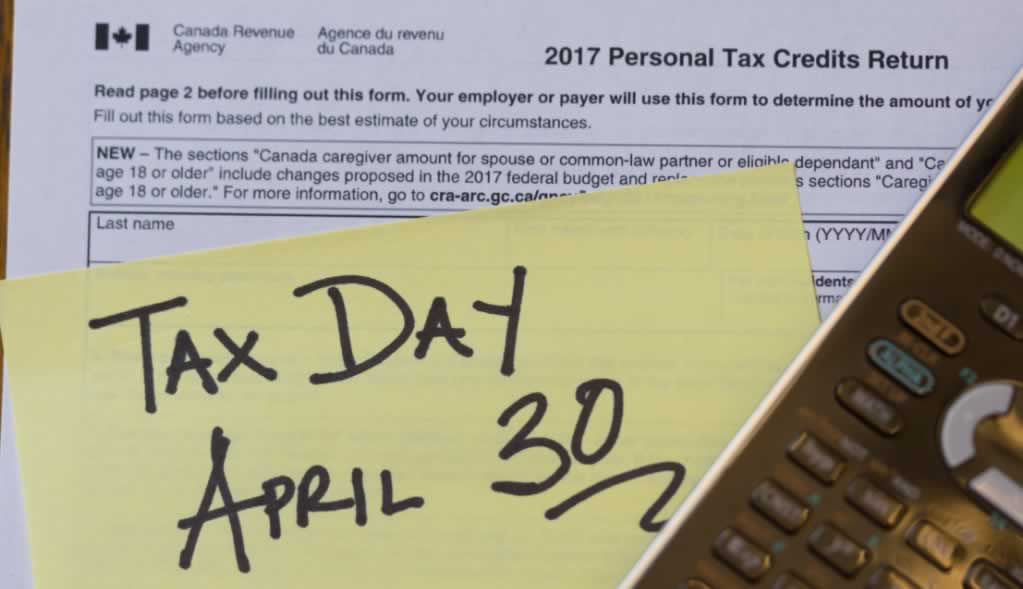News & Information
Do I Need Both Personal and Business Tax Returns?
That depends on whether your business is incorporated or not.
If you are incorporated, you will have to submit a T2 Corporate Tax Return for your company. That only covers your company; you will also have to file a T1 personal tax return.
Any business losses from your incorporated company that are non-capital in nature are not eligible to be used to reduce income on your personal tax return. However, the non-capital losses of the corporation can be carried back or forward and applied against corporate income in other years.
Unless you are trained in preparing corporate tax returns and are up to date on current tax laws, a T2 corporate tax return should always be prepared by a CPA, a Chartered Professional Accountant.
If the business you operate is not incorporated, it will either be a proprietorship or partnership. In this case, you only need to file a T1 personal tax return. The income or loss from the business operations will be included in your personal return. To report the business results, you file a statement of business activity. This report will include the income statement for your business. If you suffer a loss from your business activities, the business losses will reduce the other income on your tax return. Other income can include sources like employment or investment income. Similar to a corporate tax return, if you have business losses that exceed your other income in the year you are filing for, non-capital losses can be carried back or forward to apply against income in other years.
Being in a business scenario, it is always best to seek the help of a CPA. They can assist you in setting up your record-keeping process when you start your business. After you get going, if you do your own bookkeeping, your accountant will be able to quickly review your results, file your tax returns and avoid problems. This will also possibly save you money.
When you subscribe to the blog, we will send you an e-mail when there are new updates on the site so you wouldn't miss them.




Comments